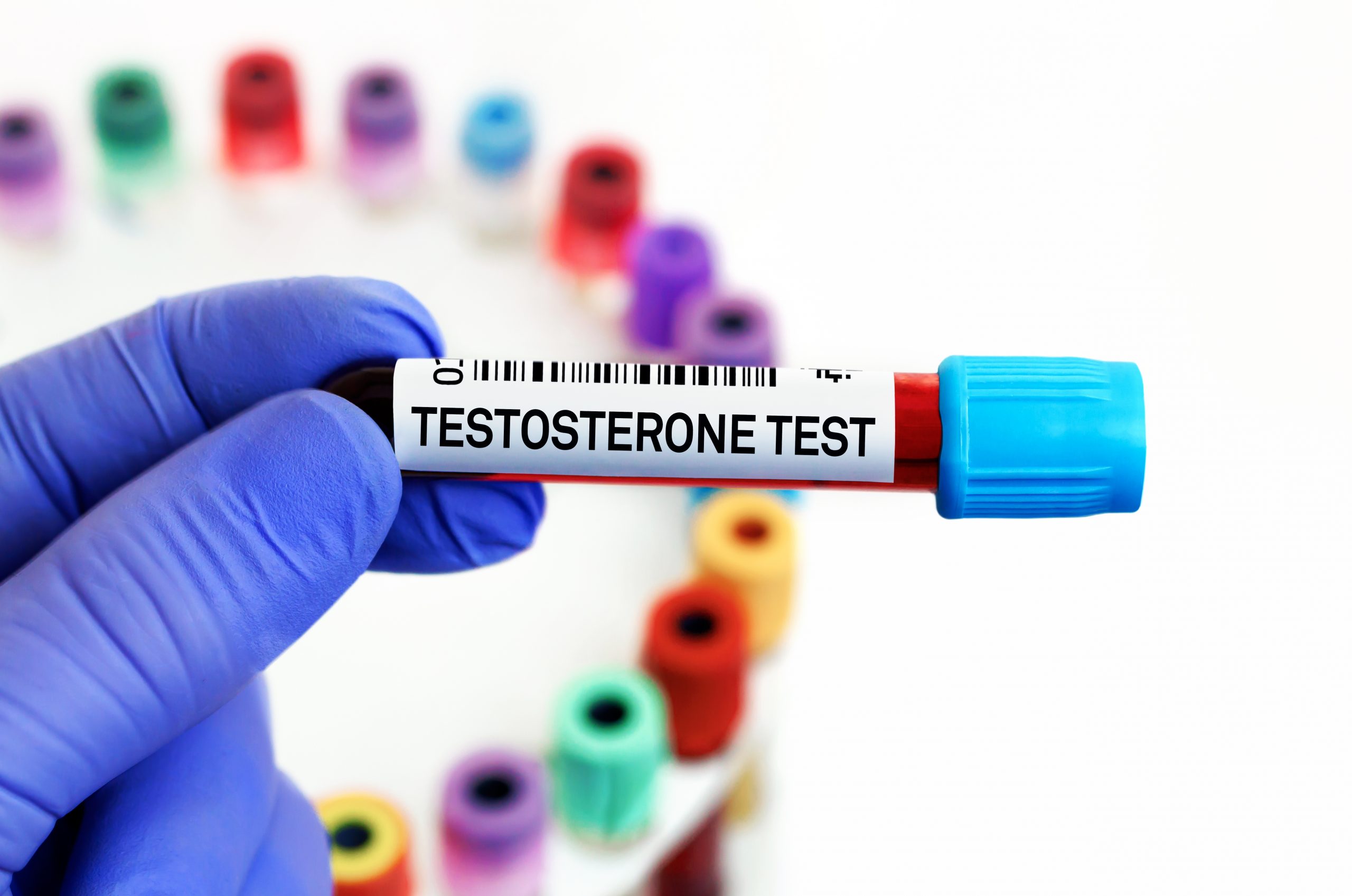The prostate gland is an important part of the male reproductive system, responsible for producing semen. Testosterone, a male sex hormone, plays a vital role in the growth and function of the prostate gland. While testosterone is essential for prostate health, an excess of it can also lead to prostate problems. This article will explore the connection between prostate health and testosterone levels and the role of testosterone in promoting prostate health.
Testosterone is produced in the testicles and plays a crucial role in male sexual development, bone health, and muscle mass. As men age, their testosterone levels naturally decrease, which can lead to a host of health problems. Low testosterone levels can cause fatigue, decreased sex drive, depression, and other health issues. However, high testosterone levels can also cause health problems, including prostate cancer.
The prostate gland is a small, walnut-sized gland located below the bladder. The gland surrounds the urethra, the tube that carries urine and semen out of the body. The prostate gland is responsible for producing seminal fluid, which mixes with sperm to form semen. Testosterone is essential for the growth and function of the prostate gland. It helps to maintain prostate size and function, and it promotes the development of healthy prostate cells.
As men age, their testosterone levels naturally decrease, which can lead to prostate problems. One of the most common prostate problems is benign prostatic hyperplasia (BPH). BPH is a non-cancerous enlargement of the prostate gland that can cause urinary problems such as frequent urination, difficulty urinating, and a weak urine stream. BPH is a common condition that affects many men as they age, and it is often treated with medication or surgery.
Prostate cancer is another potential prostate problem that can be related to testosterone levels. While the exact cause of prostate cancer is not known, studies have shown that high levels of testosterone may contribute to the development of prostate cancer. It is thought that testosterone promotes the growth and proliferation of prostate cells, which can lead to the development of cancer cells. Men with high levels of testosterone may be at a higher risk of developing prostate cancer.
While high levels of testosterone can be a risk factor for prostate problems, maintaining healthy testosterone levels can also promote prostate health. Testosterone replacement therapy (TRT) is a treatment that involves supplementing the body with testosterone to help maintain healthy levels of the hormone. TRT has been shown to improve prostate health in men with low testosterone levels, and it can also help to reduce the symptoms of BPH.
In addition to TRT, there are other ways to promote prostate health and maintain healthy testosterone levels. Eating a healthy diet that includes plenty of fruits and vegetables, whole grains, and lean protein sources can help to promote prostate health. Regular exercise and maintaining a healthy weight can also help to maintain healthy testosterone levels and promote prostate health.
In conclusion, testosterone plays a vital role in promoting prostate health, but an excess of it can also lead to prostate problems. Maintaining healthy testosterone levels through TRT, diet, and exercise can help to promote prostate health and reduce the risk of prostate problems. If you are concerned about your prostate health, speak with your healthcare provider about the best ways to maintain healthy testosterone levels and promote prostate health.












